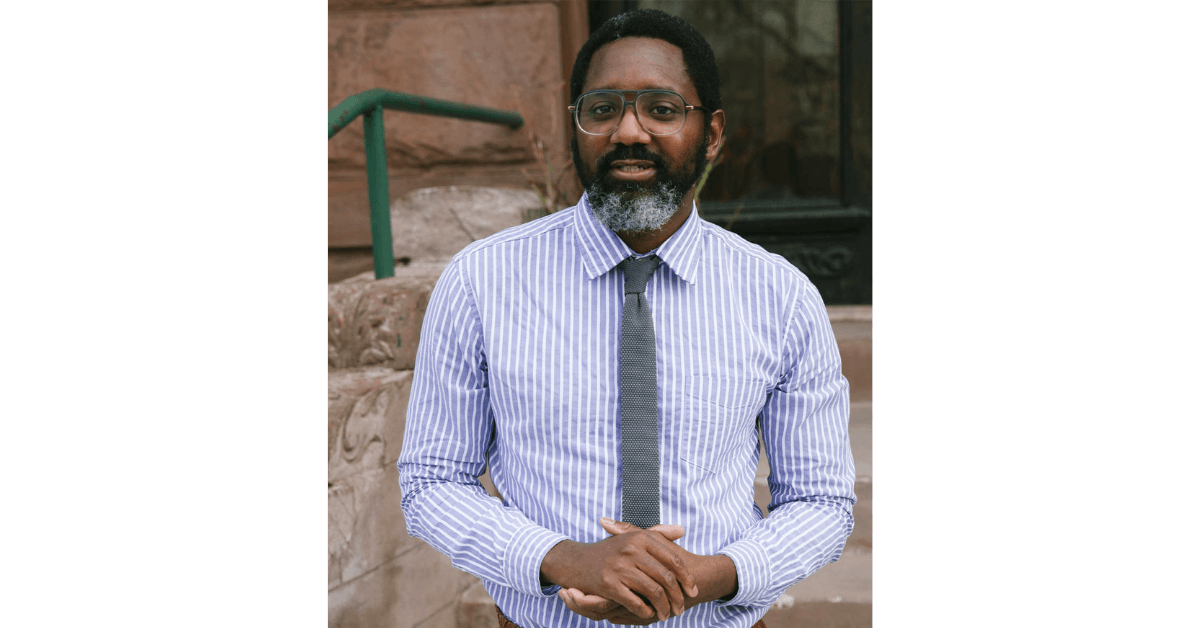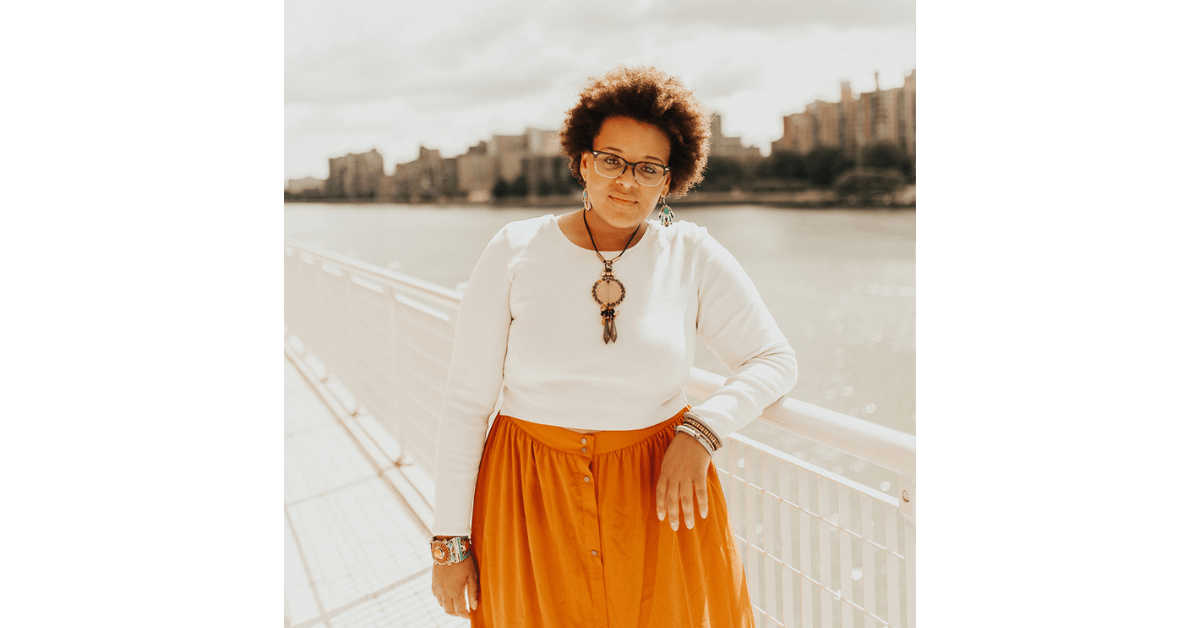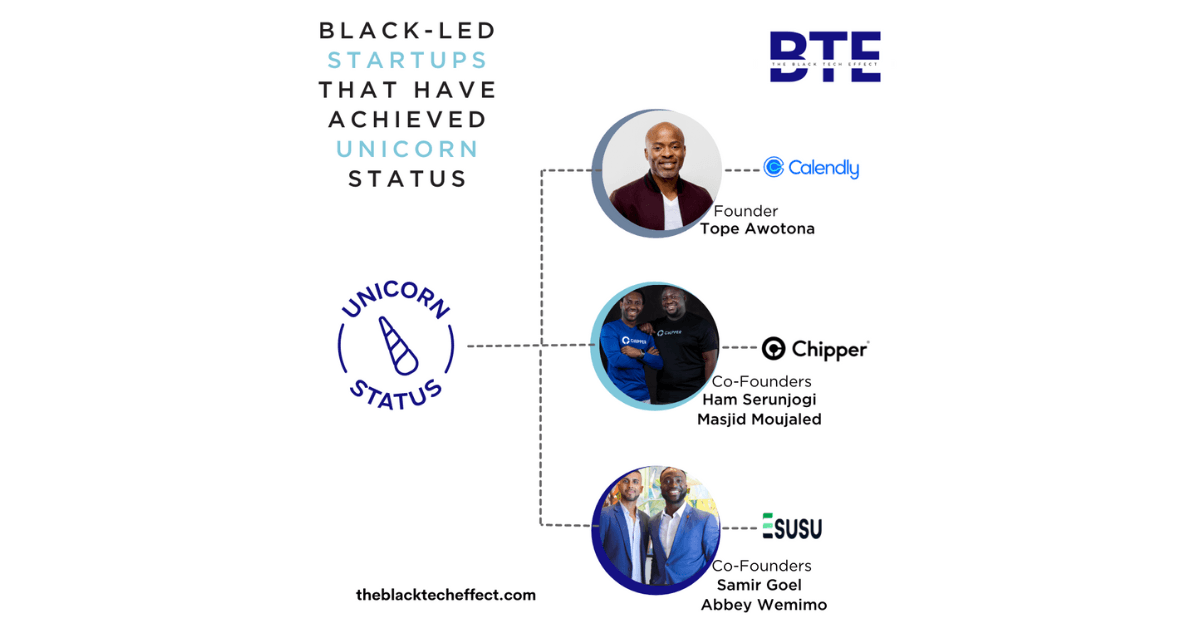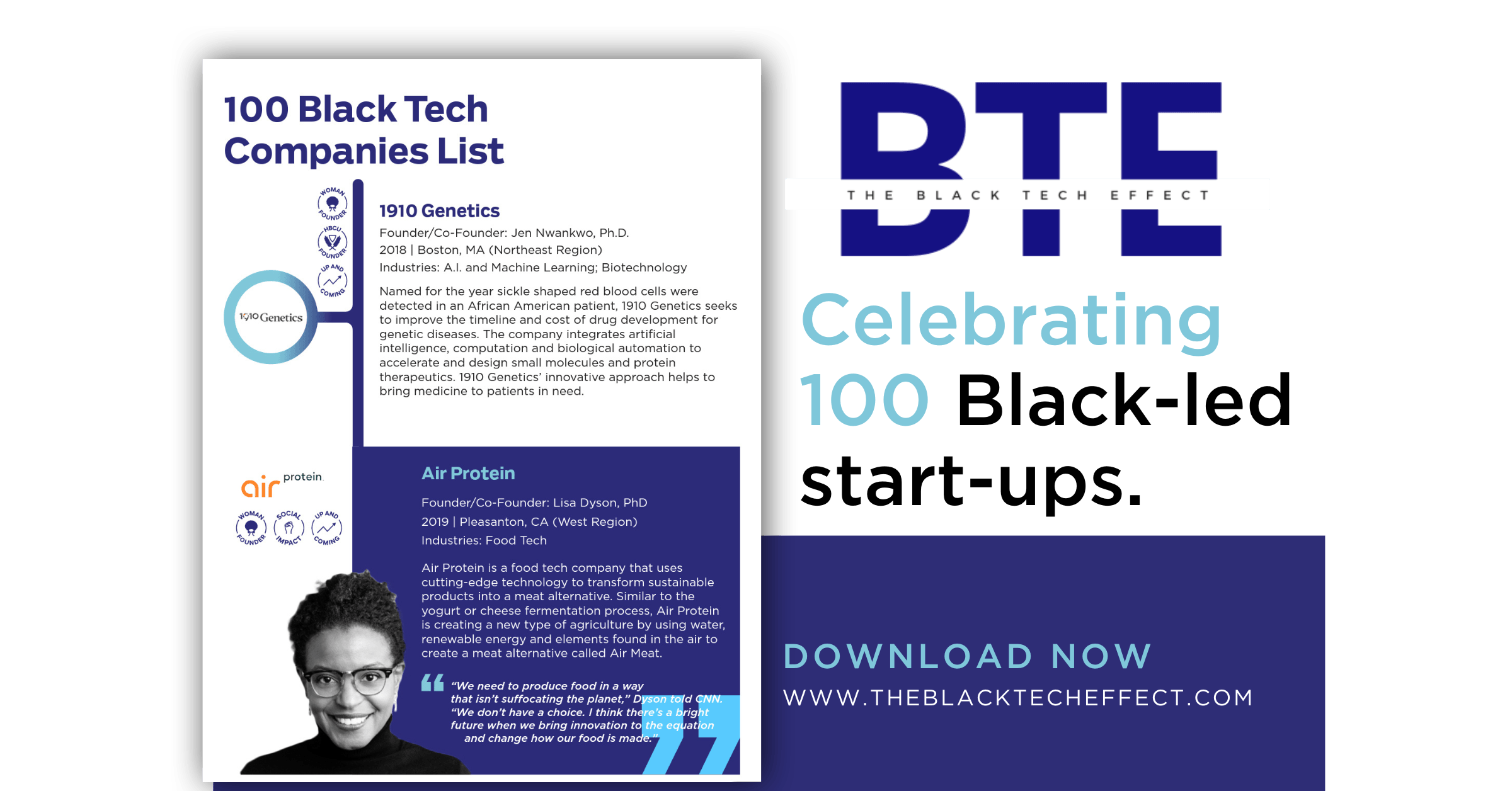KEY INSIGHTS
- Melalogic uses AI datasets to diagnose Black skin conditions which are not often depicted in dermatology textbooks.
- Mbaza is an AI chatbot developed in Rwanda to give people COVID-19 information by translating speech in Kinyarwanda, English and French.
- HUED, a platform connecting Black and Latino patients with culturally competent providers, also focuses on eliminating skin health and dermatology bias.
Losing his wife to melanoma was software engineer Avery Smith’s impetus for launching startup Melalogic, a platform that provides skin health resources and imaging data tailored for Black people.
Although Black people are less likely to develop melanoma, the five-year survival rate of Black people with skin cancer is 66 percent compared to 90 percent for white people, according to a Centers for Disease Control and Prevention study.
One of the reasons for this disparity is that doctors are less likely to accurately diagnose skin conditions in patients with darker skin due to the lack of diversity in skin tones in dermatology training. Only 4.5 percent of medical textbooks depict dark skin tones.
AI-driven dermatology can uphold health disparities if the machine learning algorithms primarily use datasets of fair-skinned images. When looking at other skin-analysis tools to pre-diagnose skin issues, Smith found they were designed for lighter skin.
“If I go on Google and I type ‘psoriasis’ or I type ‘bumps on foot’ and all I see is pictures of white people with psoriasis or bumps on foot I have to type ‘Black person bumps on foot,’” Smith told The Plug. “That’s a problem. There should be enough nuance and sensitivity in our technology in order to take that into account.”
Smith received a $27,910 grant from internet browser maker Mozilla in 2020 — the first time he received any funding — as part of a $245,000 fund for Black artists who spotlight how AI can reinforce or disrupt systems of oppression.
When building tech that serves people who have historically been afflicted by the health care system and therefore distrust it, Smith said it is important to lead with compassion.
“All this stuff is for people. Machine learning, artificial intelligence, those are force multipliers. They platform information that was already put inside of it and then they amplify it,” Smith said.
“As people become more comfortable with modern technology it is not so much of an issue of ‘do I trust it,’” Smith said. He believes that people are more concerned with whether the tech is providing adequate answers — that is how trust will be built.
Kimberly Wilson, founder of HUED, a platform that connects Black and Latino patients with culturally competent providers, also focuses on eliminating bias in skin health and dermatology. HUED launched the See My Skin project, powered by Vaseline, where users can search for skin conditions and connect with dermatologists. HUED has also received $100,000 in funding from the Google for Startups Black Founders Fund.
But the intersection of AI and racial justice looks different in other parts of the world. In Africa, developing accessible communication rather than niche tech has been vital during the pandemic.
Remy Muhire, a former Mozilla voice technology lead and the co-founder of Pindo, an instant communication platform, is part of Digital Umuganda, a group of open source developers in Rwanda who work on software for underrepresented African languages.
At the onset of COVID-19, the group recognized a divide in access to public health information. Rwanda’s central health agency was unable to process the influx of calls it was receiving. In response, the group created Mbaza, an AI chatbot that works in Kinyarwanda, English and French.
“Maybe to some people, a chatbot might not seem like the most exciting AI invention because there are lots of chatbots in the world, but you [have to] look at who can be helped and the capacity for making a difference in people’s lives,” Solana Larsen, Mozilla’s Internet Health Report editor, told The Plug.
The chatbot, which more than two million people have used, enables Rwandans to ask questions regarding COVID-19 such as infection rates and checking on COVID results.
Muhire has received up to $100,000 in funding from the Google for Startups Black Founders Fund in Africa for Pindo.
Platforms created by Black founders for Black communities highlight the need for culturally competent care. Avery Smith said Black founders understand the issues within their own communities, but they need more support to create solution-oriented tech.
“As long as we’re provided with the tools, and we may even have to create our own tools, we can solve our own problems, our own issues if we’re allowed space to be able to do that,” Smith said.








